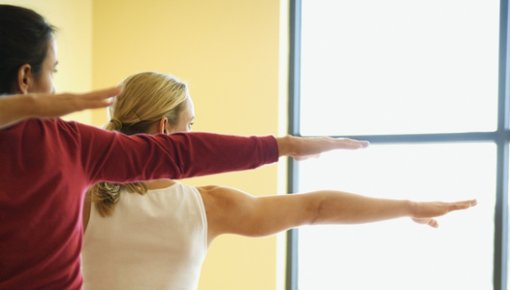No more periods – hard to get used to
I'd just turned 49 when my periods finally stopped. It was a real turning point in my life. I found it quite distressing. I also had thoughts like: ‘Am I still a woman? What makes you a woman?’ But they soon went away. After that I was really happy.
After all, it is also a relief. You no longer have to keep your periods in mind when planning things, you no longer have to accept and put up with them. In my opinion menstruation is something you learn to put up with. It's not only a good thing. But women get used to having periods. When I stopped having mine, I missed them for a long time too.
I went to talks to learn more about how to go through menopause without hormones. I was very determined to cope with menopause naturally. But then I started having hot flashes. They were so bad that I used to break out in a sweat every half hour. I'd take some clothes off to cool down, but then I'd soon feel chilly and have to put them back on again. I found it really stressful.
When I have hot flashes, my body and skin suddenly feel different. Then I know that a hot flash is on its way. I never used to wake up at night. Nowadays, if I wake up at night, I know that I’m going to have a hot flash.


